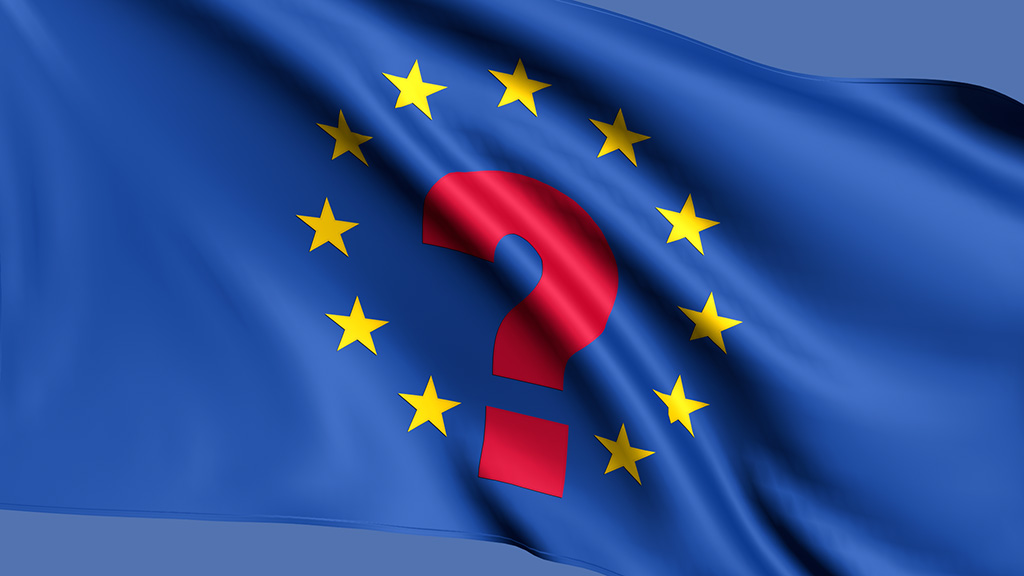The government white paper outlining its proposals for a “principled and practical” withdrawal of the United Kingdom from the European Union offers little clarity for international broadcasters, beyond saying that it is “seeking the best possible arrangements for this sector”. The Commercial Broadcasters Association warns that international broadcasters may have to start restructuring within months if not weeks.
The government white paper on The future relationship between the United Kingdom and the European Union includes broadcasting in a section on digital services.
“The UK is leaving the Single Market,” it notes. “As a result, the ‘country of origin’ principle, in which a company based in one Member State can be licenced by a national regulator and broadcast into any other Member State, will no longer apply. The UK is seeking the best possible arrangements for this sector.”
While the white paper says the United Kingdom will guarantee commitments to the provision of Irish language broadcasting in Northern Ireland by RTE and TG4, it makes no presumption about whether services licensed in the United Kingdom will be recognised in the Republic or Ireland, or any other member state of the European Union.
With regard to European Works, a system designed to promote domestic European production and preserve cultural identity, quotas will continue to apply under the European Convention on Transfrontier Television of the Council of Europe. This requires broadcasters to reserve a certain amount of airtime for European works. In the case of on-demand services, providers must promote the production of and access to European works.
The United Kingdom is a separate signatory to the convention and works originating there will continue to be classed as European works, while the United Kingdom will continue to be able to treat audiovisual works originating in the European Union as European works.
Otherwise, the white paper does not call for further recognition of the international delivery of broadcast or other audiovisual services.

The United Kingdom is the leading broadcasting centre in Europe and is home to around 650 international channels, more than any other European country.
The Commercial Broadcasters Association, COBA, said the white paper offers little clarity for the international broadcasting sector.
It says international broadcasters cannot wait until the March 2019 “cliff edge” to undertake any restructuring that may be necessary as a result of withdrawal of the United Kingdom from the European Union. Businesses need several months to put contingency plans into place, as this may involve significant changes to their operations.
Adam Minns, the executive director of COBA, said: “We remain deeply concerned that broadcasters will have to reluctantly start restructuring within the next few months, and possibly within weeks for some companies.”
Broadcasters may need to licence their services in other European member states and possibly relocate a significant proportion of their operations to achieve this.
Speaking at the recent Media Summits Brexit Strategy event in London produced by informitv, he suggested that it was not just a question of how many of the 600 or so channels might move. “It’s about the UK’s position in ten years’ time, because if you lose country of origin, the UK loses its leadership position as a world class international broadcasting centre,” he warned. “That’s what’s at stake.”
The future relationship between the United Kingdom and the European Union is available from the government web site.
